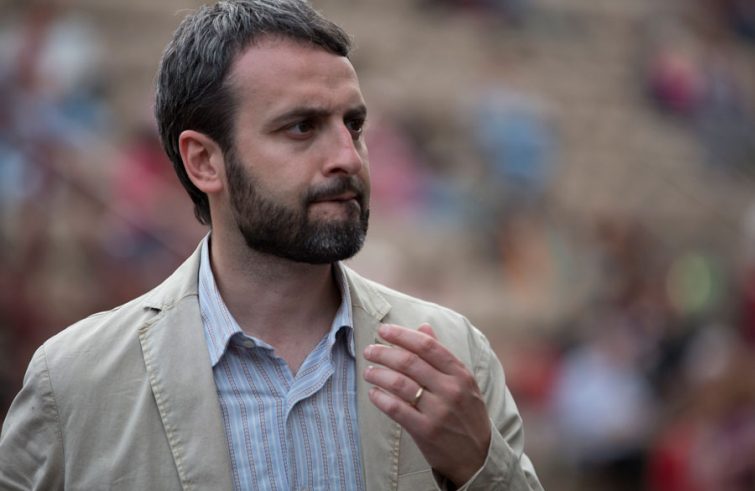
“Military solutions and weapons will bring neither peace to Ukraine’s devastated people nor global security. On the contrary, they will lead to a horizontal escalation, i.e. to an increasing number of countries involved in the conflict, and unfortunately also to a ‘vertical’ escalation, i.e. an intensification of the conflict. It’s sadly self-evident. It has been shown that this is how conflicts work.” Francesco Vignarca, coordinator of the Italian Network for Peace and Disarmament, analysed the possible consequences of the decisions taken by European countries over the past hours, following Emmanuel Macron’s green light to attack targets inside Russia with Western weapons. Even US President Joe Biden is reportedly contemplating an easing of restrictions on the supply of US-made weapons to Ukraine.

Mr. Vignarca, Macron’s move was seen as a hasty decision, but it seems that a growing number of countries are now prepared to give the green light to strike targets inside Russia. What is at stake?
Unfortunately, it is the same dynamic that we have seen on many occasions over the past two years. There was always someone who took the first step, and then slowly the other parties joined in. The problem is that while this dynamic has been going on for the past two years, the conflict has not been resolved, but rather exacerbated. First it was ‘just’ tanks, then aircraft, then long-range missiles, until, unfortunately – and this is what is at stake – it could reach the point of the deployment of Western troops, which would obviously lead to further escalation. I say ‘further’ because an escalation has already taken place, and each time it is just another step towards a wider war and, unfortunately, towards the possibility that it could become a nuclear war.
Right from the start we warned about the danger to continue to assume that a conflict can only be resolved by military means or by sending weapons.
Russia’s Foreign Minister Lavrov has naturally responded that Russia is prepared to take additional steps in the sphere of nuclear deterrence, but he has also said that he is open to ‘political solutions’, provided a halt to Western-supplied weapons. Is this a viable option at this stage, or is it already too late?
A choice for peace is always feasible and always possible. We have said this repeatedly, before the conflict broke out, before Putin decided to invade Ukraine and start a war. It is always to be hoped for, it is always an option to be considered. If all the stakes are on the escalation and intensification of the conflict, there will clearly be less room for alternative routes. However, I don’t think it’s enough for the West to stop sending weapons or to decide not to allow Ukraine to fire weapons into Russia to get a dialogue process going. Not at all. There are many other steps that need to be taken, including by Putin and his regime. Clearly, just as there is an escalation towards war, there is also ‘escalation’ of necessary steps leading to peace. And peace will not come overnight, but through a series of decisions that have to start somewhere.
In short, dialogue and peace don’t come about by magic. Indeed, there is no possibility of dialogue today. But the conditions need to be created for that to happen, and to happen as soon as possible, and one of those conditions is to stop the escalation, and be the first to do so. It takes courage.
The European election campaign is underway. Citizens now possess the power of the vote. Which candidates should be sent to Europe?
It is evident that those who pursue the destructive policy of intensifying the militarisation of Europe should not be elected. This is exactly what should be avoided. Such a decision would not only escalate into a global war, which is a scenario that we all dread, but even if a war did not break out, the pouring in of resources and funds into militarisation would be detrimental to achieving the objectives of social action, global cohesion action, and climate action. It appears that the panacea for all ills is to purchase and manufacture weapons. This is not the purpose for which Europe was created, nor is it the way to make Europe a major player in international relations. In my opinion, the project envisioned 70 years ago by Europe’s founding fathers, namely the idea of a politically unified continent that speaks and advocates not out of partisan interests but for protecting the rights of its citizens, in terms of promoting their opportunities and safeguarding peace, remains unfinished.
There is currently no political party in Italy that can ensure such a position. However, there are numerous individuals and candidates who can. Therefore, it would be advisable to seek out the candidate within one’s own constituency who can accomplish this task.









